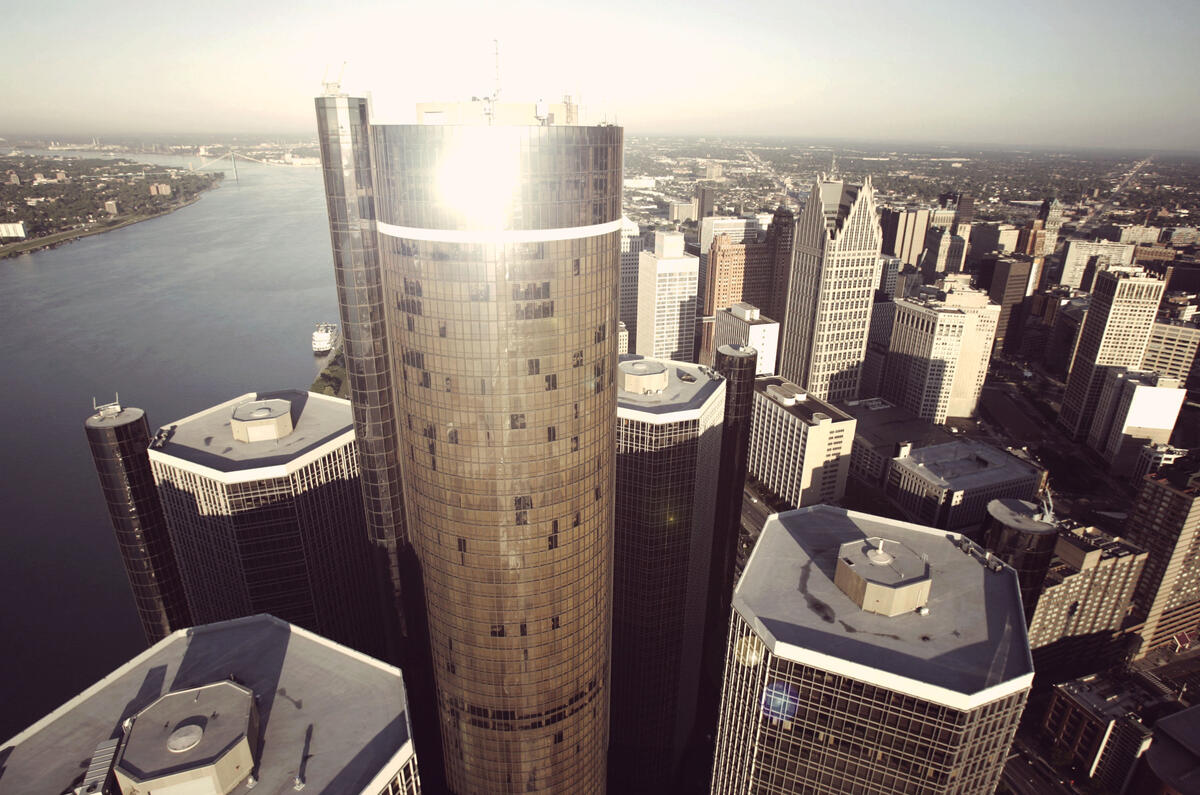I’m finding it a hard concept to get my head around, but Detroit, Motor City, yesterday filed for bankruptcy, the biggest US city to ever take such action. Its liabilities total $18.5bn (£12.1bn) – a pit of debt that has racked up over 60 years, and which neither the bankers nor city debtors are willing to compromise on.
Visitors to Detroit – and there are many among the automotive fraternity, given its hub as home to the Big Three car makers (Ford, GM and Chrysler) and their support businesses – will perhaps not be surprised. It’s been a long time since it was safe to walk around Detroit at night, or even step from a car in a lot of districts.
This is a city with 78,000 abandoned homes, an unemployment rate that has tripled (from pretty dark depths) since 2000 and which has a murder rate that is spiralling out of control. An estimated 60 per cent of children live in poverty. Many of the abandoned homes are occupied and then set on fire, not by the occupiers but by local residents eager to drive away unwanted visitors.
The police can barely respond, understaffed, under equipped and, I suspect, struggling to scratch out a living. I can’t claim any great first-hand knowledge of Detroit’s troubles, but when we go to the motor show car manufacturers like to employ ex-policeman because they know where and, perhaps more importantly, where not to go. Trouble is, for every one who’s delighted to have made a difference and got out alive, there’s another one happy to take you here, there and everywhere “to have some fun” and, presumably, a cut of the profits.
The irony is that there are already some signs of the city bouncing back. Corrupt city officials have been introduced to prison cells in recent years, there have been major rebuilding projects around the city centre (including, disappointingly, some casinos in an effort to make the city into a Las Vegas-style destination) and, of course, the car makers have dragged themselves up from rock bottom and started to thrive again. Even in its bleakest hour Detroit is the 18th largest city in America, so residents haven’t exactly fled. For many there are strong prospects.
But for others there are no prospects; they are trapped. At one point the city’s emergency manager, Kevyn Orr, planned to bus the debtors (think bankers and pension bond holders) in to some of the poorest parts of Detroit, to try and help them understand the realities of their hard-edged negotiations. They refused to go, or negotiate on their debts. Now, theoretically, they will get nothing (nor, presumably, will they lend again in future). In short, nobody wins.
The hope is that the bankruptcy filing will allow the city a new start. Detroit’s fall from grace has been total. It may have been inevitable, but it’s a pretty sad day for a city with a proud history and an intrinsic, woven-in link to the car industry. Let’s hope the industries that helped it thrive once before can help it do so again.




Join the debate
Add your comment
Its america all over. Get
Its america all over. Get outside the few square miles of which ever big city and you feel like your in a warzone. Take the tube to beyond beyond 100th street in manhatten or walk past the sign to Miami South Beach and it soon becomes apparent of the difference in wealth. Wealth is so much more apparent in American.
Still we always have rover 25 drivers to keep us warm with laughter in the UK. So my advice to the detroit citzens is to import them and park them on every driveway of an empty property and we can raise their spirits forever.
Company tax avoidance
As we know from our experience here in the UK, American Companies should pay their tax liability rather than avoid paying it. The more cynical amongst you will think that this is allowed to continue because large Companies, banks in particular, contribute $millions to Presidential campaigns. And over here as there, politicians are also elected by non producers that confiscate more and more money from a dwindling number of producers.
$18.5 billion really peanuts
$18.5 billion really peanuts to the great ole US of A. Companies like Exxon Mobil, Apple, Microsoft, Amazon etc, could buy the city of Detroit 10 times over. Not to mention the ludicrous trillions they have spent on wars over the past ten years.